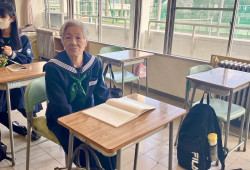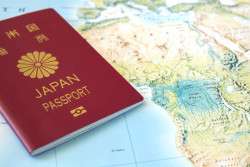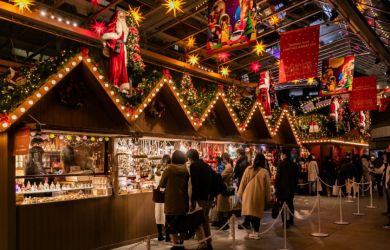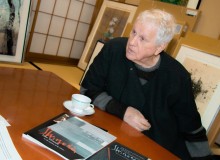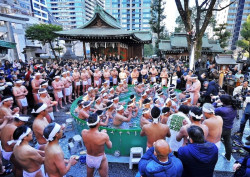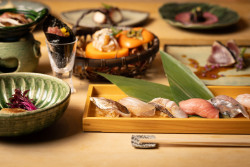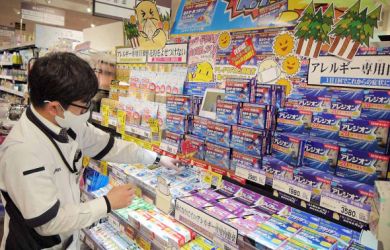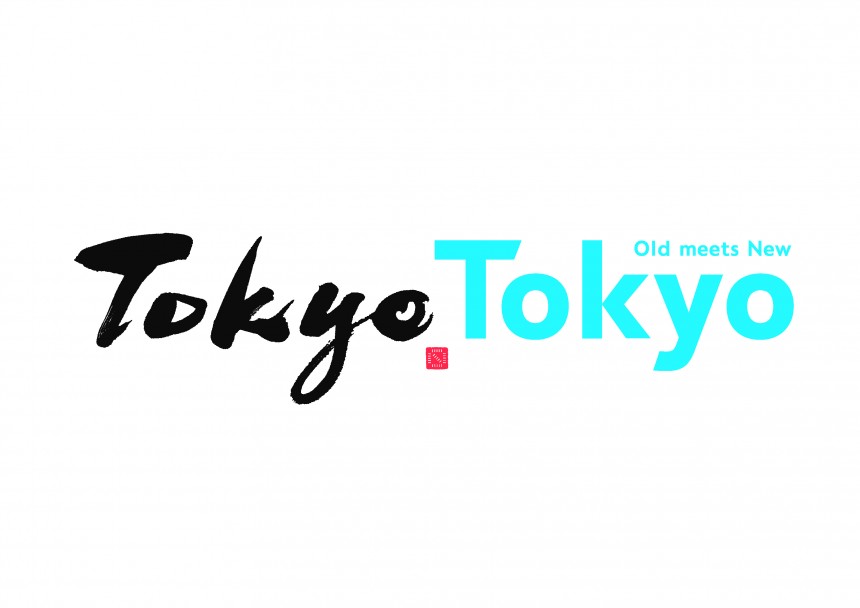
June 7, 2018
Governor of Tokyo Yuriko Koike
A conversation about the future of the city
By Metropolis
Metropolis: Tokyo is competing for the accolade of leading city in Asia. How can you advance this effort and assist the international community in regaining its strength? We are down to Metropolis as one of the only monthly media owned and edited by the international community.

Koike: Tokyo has a full range of capacities. It brings together four ingredients: people, commodities, capital and information. However, we must ensure we put information out into the world so that these four ingredients are readily accessible. We must also refine and improve these various ingredients. Since I was appointed Governor of Tokyo, I have been working to ensure that Tokyo possesses three qualities. First, that it is a “safe city.” That is to say, it is a city in which people can feel safe and reassured when it comes to various concerns, including natural disasters and terrorism. The second quality is diversity. There is a need to create a city in which men, women, children and adults, as well as persons with disabilities and LGBT people can all shine equally. The third is that Tokyo is a smart city. A smart city would be superb in terms of environmental issues and achieve a comeback for Tokyo with a focus on international finance. These are my goals.
In terms of the current question, there are around 500,000 people in the English speaking community in Tokyo. However, I think that while there are many other languages and those with other native languages, if we calculate the number of people who have a good understanding of English this figure would increase greatly. Specifically, there are around 520,000 people from 186 countries and regions living in Tokyo in this foreign community as of January 2018. I would also like to convey the three qualities of Tokyo, which I previously mentioned, so that all people who have come from overseas can thrive in their everyday lives, their working lives and in making their livelihoods. In addition, I believe that Tokyo is a safe city in which people feel a sense of reassurance, and is a place where there are many delicious things to eat, and where there is work, all of which contribute to allowing such a huge number of international people to live in Tokyo. I will support both Japanese people and foreign people equally with respect to diversity. I want Tokyo to be a city of diversity.
Metropolis: Overseas tourists have created a bright spot for Japan’s economy and numbers are expected to surge in 2020. How can the level be sustained post-Olympics, keeping Tokyo as a premier travel destination?
Koike: One example which could serve as a model for the Tokyo Olympics is the London Olympics. The main reason being that they continued to increase tourist arrivals even after the Games. This means that we must obviously make a successful Tokyo Olympics but also develop plans to further attract tourism in the post-Tokyo Olympics years. The 2020 Games will serve as a show window to the world, and we must use this as an impetus to make a successful post Olympic Games.
In the interim period we are also taking steps to convey various aspects of our culture and cultural events much like the London Olympics had done. Additionally, there are many examples of blogs and apps which have influenced the course of discussions on tourism. We are keen to have many people learn about Tokyo by means of these outlets including Metropolis, conveying that “there are such interesting things going on in the city which are what make it fun.”
Koike displays a shirt featuring Tokyo Tokyo logo which includes a traditional stamp that illustrates an image of the Shibuya Scramble Crossing.
I guess this spot is similar to Times Square, since it would be one of the places I would visit if I was in New York. The important thing to bear in mind is that you have to avoid bumping into everyone. While obviously there are historical shrines and areas such as Asakusa—and older buildings are a source of fascination for people—I also get the feeling that the lifestyles of contemporary Japanese people associated are interesting to people. I would like to get across to the world that there are things which are unique to Tokyo and unique to Japan which you can only understand with your own eyes.
We will be having a drive to recruit 110,000 volunteers to be active during the Tokyo games from both Tokyo and the rest of Japan. However, this is not limited to either Tokyo natives or to Japanese people and we will also recruit volunteers of other nationalities. I would love to see persons from overseas active as volunteers during the games. I would love to have you convey the merits of coming to Tokyo, whether you choose to concentrate on cuisine, sightseeing or just having fun.
Metropolis: How are foreign residents being informed on the 2020 Olympic preparations. What effect do you think the Games will have on foreigners living and working here?
Koike: We are currently in preparations to inform the Tokyo community in English and other foreign languages. We are also planning new building venues including three more buildings in Tokyo. Recently, we have officially decided on the buildings and even a new road way for the Olympics. That’s why we plan to inform the public and advertise more about the Olympics.
